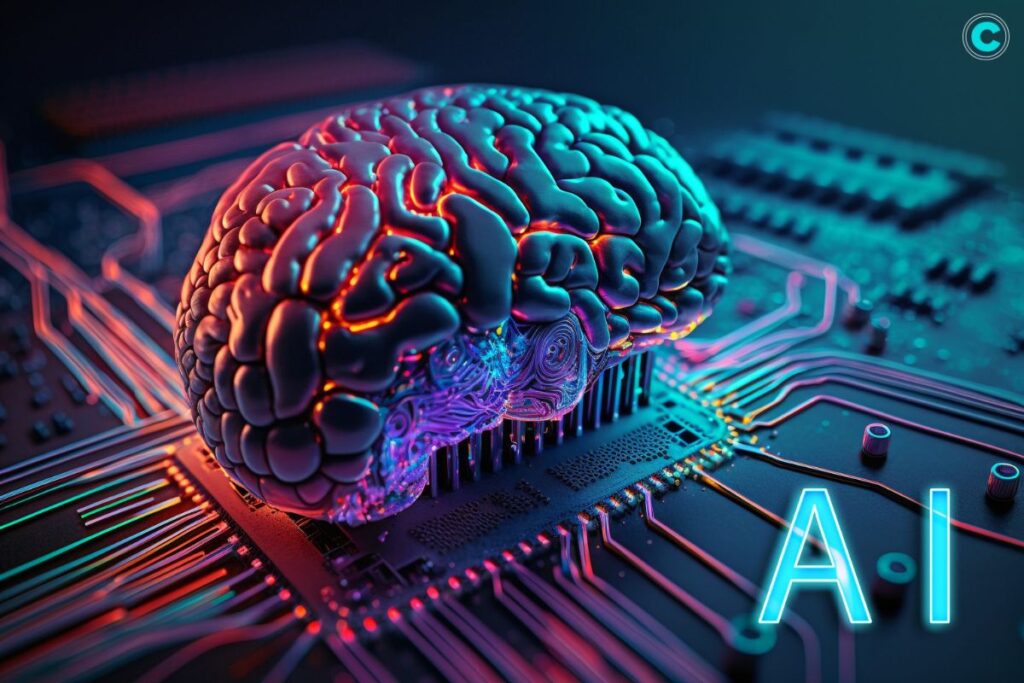(Source-apeejay.news)
AI and Cybersecurity in Focus
A recent survey conducted by Lenovo sheds light on the evolving landscape of Chief Information Officers (CIOs) worldwide, revealing a notable shift in priorities. CIOs, responsible for overseeing Information Technology (IT) departments, are increasingly ranking Artificial Intelligence (AI) alongside cybersecurity as top priorities. However, despite recognizing the potential benefits of AI integration, CIOs are encountering barriers such as adoption speed and security concerns, hindering rapid implementation.
The survey, which engaged 750 CIOs globally, highlights a promising surge in AI technology adoption across various industries. Notably, 81% of respondents reported leveraging third-party AI tools or deploying a combination of third-party and proprietary AI solutions. This trend underscores a significant shift in the role of Chief Information Officers (CIOs), who are now evaluated primarily on business outcomes rather than operational maintenance.
Balancing Innovation with Security
While AI presents opportunities for innovation, CIOs are approaching its integration cautiously, particularly concerning cybersecurity. Saurabh Gugnani, global head of cyber defense and application security at TMF Group, stresses the security challenges inherent in AI adoption, including data privacy, vulnerability to attacks, and regulatory compliance. Traditional security measures often fall short in addressing AI’s unique demands, necessitating the implementation of AI-specific security protocols and comprehensive governance policies.
Neeraj Kumar, CTO of Arkreach, raises concerns about the rapid pace of AI technology development, cautioning against the rush to deploy immature AI solutions. He emphasizes the importance of prioritizing quality over speed to avoid potential setbacks. Additionally, the shortage of skilled professionals in machine learning, data science, and AI integration poses a significant challenge, making it difficult and costly for organizations to hire and retain talent.
Challenges in Demonstrating ROI and Resource Allocation
Demonstrating the return on investment (ROI) of technology initiatives remains a persistent challenge for IT leaders. According to the Lenovo survey, 61% of CIOs find it extremely challenging to prove the ROI of their tech investments, with 42% not expecting positive ROI from AI projects within the next year. Quantifying tangible benefits, such as cost savings and productivity improvements, is relatively straightforward, but measuring softer aspects, like user experience enhancements, presents difficulties.
Furthermore, allocating resources to AI initiatives impacts IT sustainability efforts, with 38% of CIOs deprioritizing sustainability initiatives as a result. Despite this, the majority view AI as a net positive for meeting sustainability goals. However, financial and human resource constraints pose significant challenges, with only a fraction of CIOs expecting substantial budget increases to accommodate AI investments.
In conclusion, while Chief Information Officers (CIOs) recognize the potential of AI to drive organizational success, they face multifaceted challenges in its integration, particularly concerning cybersecurity, ROI demonstration, and resource allocation. Navigating these challenges will require strategic planning, collaboration across departments, and a commitment to balancing innovation with security and sustainability.






